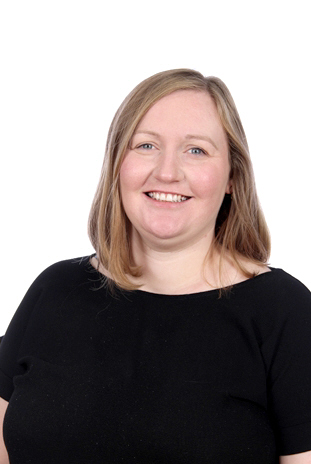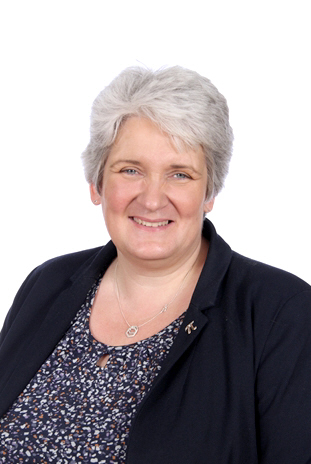Maths
A Level Mathematics is an interesting and challenging course which extends the methods you learnt at GCSE, the mathematical skills you learn will support many other subjects at A level and beyond.
You will learn sophisticated mathematical skills and techniques. Additionally, studying maths will greatly improve your logic, reasoning, and problem-solving skills, such as breaking a complex problem into smaller parts and then taking a methodical approach to making sure nothing is missed, leading to a correct solution. These are all life skills that can have profound positive effects on you.
Entry Requirements
GCSE Maths Grade 7+.
Content
The Edexcel Mathematics A Level covers the following topics:
|
|
In Year One you will study fundamental topics such as algebra, coordinate geometry, and calculus, including differentiation and integration. It also introduces sequences, series, and trigonometry, providing a solid foundation for advanced mathematical studies.
Applied Maths content includes both Statistics and Mechanics. In Statistics, you'll learn about data representation, probability, and statistical distributions. Mechanics covers topics such as kinematics, forces, and Newton's laws of motion, providing a practical understanding of how mathematical principles apply to real-world scenarios.
In Year 2, you will build on the first year by delving deeper into advanced topics such as further calculus, including more complex integration techniques and differential equations. It also covers advanced algebra, including functions, sequences, and series, as well as vectors and parametric equations. Additionally, it introduces numerical methods and explores more sophisticated aspects of trigonometry.
Assessment
100% Written Examinations
2 x 2 hour Pure in Year 13
1 x 2 hour Applied Paper in Year 13
Am I Right for the Course?
Do you enjoy the thrill of problem-solving? Are you logical and precise? Although mathematics can be a creative subject, you do need to be able to work methodically and understand the need to be precise. You will spend 4–5 hours a week in lessons and then will spend a similar amount of time outside of lessons studying it.
Course Highlights
|
Hands-on Experience: |
You will explore large data sets, including UK weather recordings. |
| Personal Development: |
Explore and develop your logical thinking. Mathematics trains your brain to think logically and critically, helping you make better decisions and reason more effectively. Mastering challenging mathematical concepts can boost your self-confidence and give you a sense of achievement. The rigorous nature of A Level Maths requires good time management and self-discipline, which are essential skills for personal and professional success. |
| Enrichment: | Participate in competitions like the UK Mathematics Trust (UKMT) challenges or the British Mathematical Olympiad to test your skills and solve complex problems; opportunities to mentor students in younger years. |
Where Next?
Mathematics is a desirable qualification for many career pathways. It is considered to be a facilitating subject for other subject areas. The mathematical skills you learn in mathematics are of great benefit in other subject areas, such as physics, chemistry, biology, computing, geography, psychology, economics and business studies. Mathematics is a much sought-after qualification for entry to a wide variety of careers and Higher Education courses. An A Level in Maths can be the starting point to a variety of careers – from engineering to accounting. As a highly regarded subject, it opens doors to a range of career paths including accountancy, economics, teaching, engineering, medicine, mathematics and computing. The skills you gain, such as attention to detail, perseverance, and the ability to work under pressure, are transferable to many other areas.
FAQ's
- Is it much harder than GCSE Maths?
The course starts in Year 12 revisiting and building on the algebra skills you have learnt in higher tier GCSE. We then move on to introduce you to Calculus and more advanced statistics and Mechanics topics. - How will I be taught and assessed?
Lessons are a mixture of methods and examples taught by the board. There are opportunities for group work and using technology. There are Power Points and write in booklets to support you. We do expect you to practice new concepts using the course textbook at home. Regular homework is set; there a short exam question tasks as well as longer independent study tasks. There are regular mini-tests as well as longer half-termly assessments. You will need a calculator suitable for A Level Mathematics. These can be bought at a discounted rate via school. - I’m not that confident at algebra - can I still do A Level Mathematics?
Two-thirds of the A Level content has a link to algebra, so if you struggle with these skills, then A Level Maths is probably not for you.
Maths A Level Teaching Staff

Subject Leader for Maths
s.tucker@stwilfrids.com

Maths Teacher
j.battersby@stwilfrids.com

Maths Teacher
d.denyer@stwilfrids.com

Maths Teacher
s.baxter@stwilfrids.com

Maths Teacher
l.wegg@stwilfrids.com
